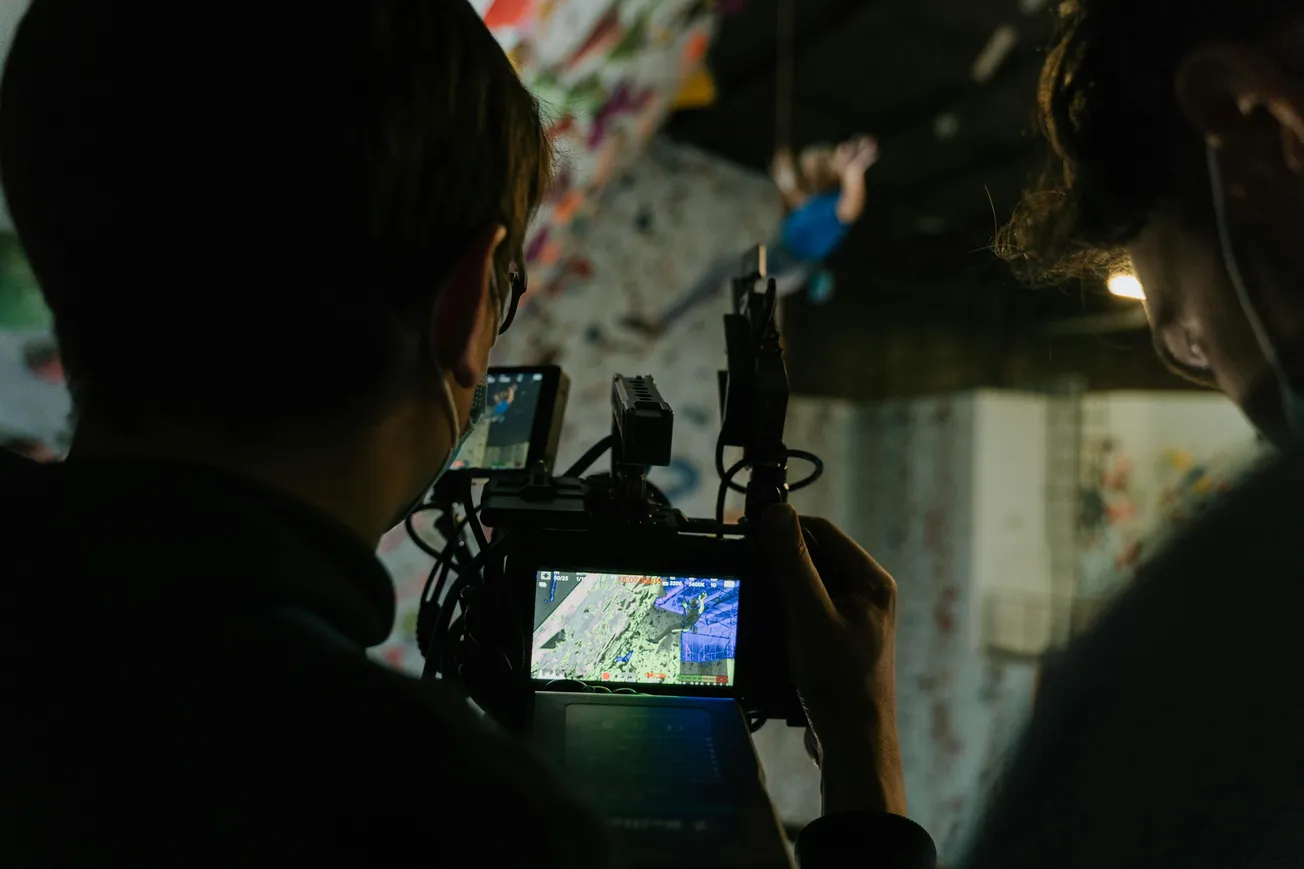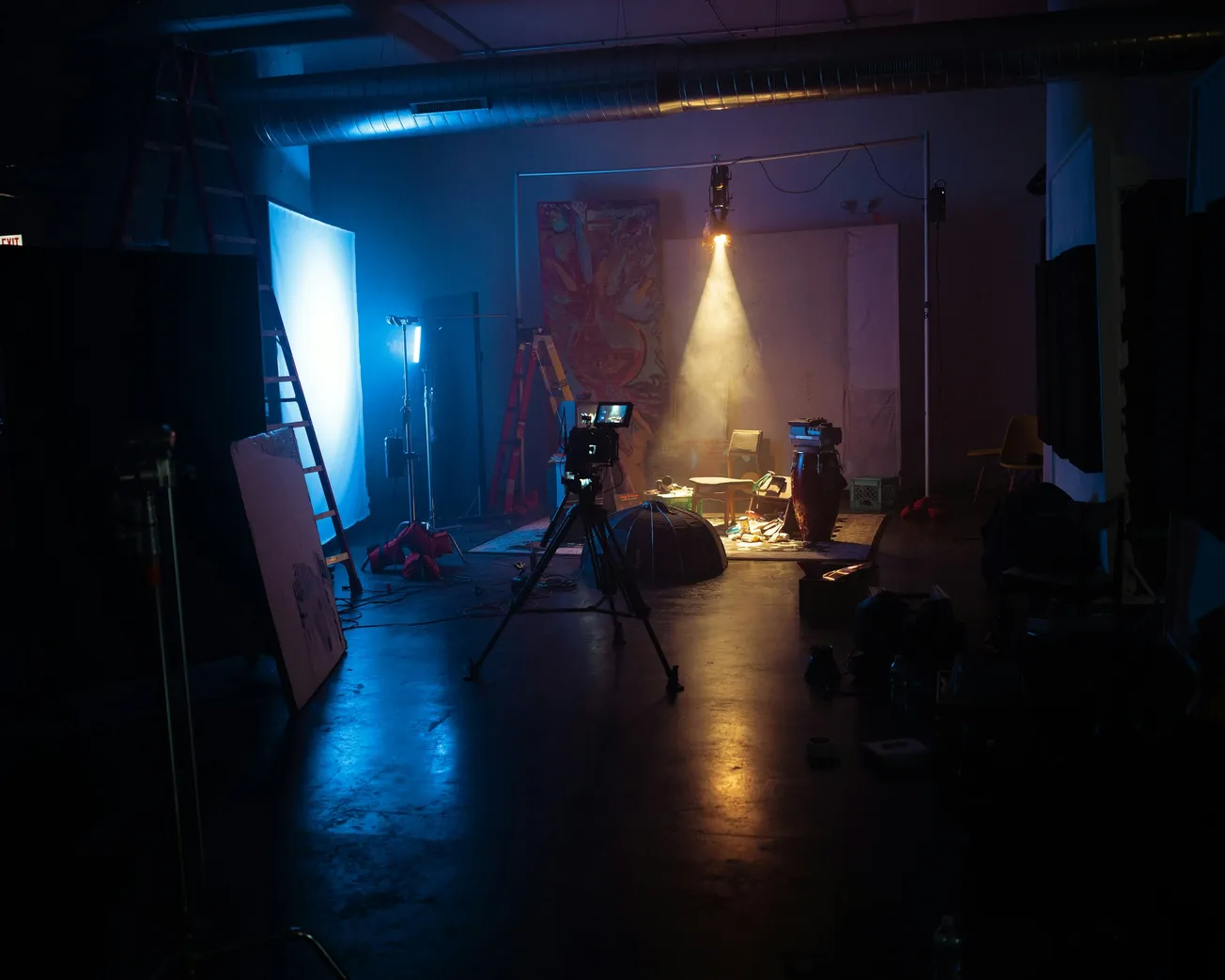In filmmaking, every decision—from what to film, to which lens to use, to which clip survives—shapes your story. The art lies not in capturing everything, but in scoping, honing, and sometimes cutting. Below is a distilled playbook for creators building their careers, their crews, and their visual voice.
Train Your Crew from Ground Zero
A production team doesn’t form overnight. Many great filmmakers begin by teaching interns or students—matching tasks to natural strengths: camera work for movement lovers, graphics/graphics software for visual thinkers, script supervision for detail people. Over time, letting crew members specialize helps you lean into your strengths too.
Expose them to real workflows: let them watch editors assemble rough cuts. It changes how they shoot; framing becomes more thoughtful, and they start to anticipate what’s usable vs. what’s cumbersome.
Gear Strategy: Buy Smart, Rent Smart
A common guideline: invest in lenses, date the bodies. Camera bodies evolve rapidly; a high-quality lens lasts through several camera upgrades.
Let your deliverables guide your purchases.
Short client videos? Rent cinema glass. Documentary run-and-gun? Live with lightweight primes or zooms.
Also, understand the trade-offs: variable-aperture zooms can introduce compromises; being able to manage ISO vs. gain, and knowing depth-of-field, will elevate your decisions.
Embrace Editorial Discipline
Your favorite shot might not survive the final cut—and that’s a sign of maturity, not weakness. Let story and rhythm trump ego. A lingering reverse shot that “looks nice” but slows the pace may go.
To shoot better, build habits: carry a “reject list” while filming (shots you suspect may not be used). That awareness helps you shoot more intentionally.
Growth & Independence
Leaving a staff job or university environment to strike out solo is a transition. You’ll need to build referral pathways (e.g. nonprofit work), and adjust to client rhythms—some respond late. Embrace that ambiguity.
From day one, call yourself “producer/filmmaker” once you’re paid. It changes how you see your role, how you pitch, and how you direct others.
Core Principles to Carry
- Shoot what you love—passion translates on screen.
- Copy the masters—study films, frame by frame; reverse-engineer to understand choices.
- Prioritize story above gear: impeccable technique means little if the narrative is weak.
- Beware of attachment: too many sentimental shots bog down your edit.








